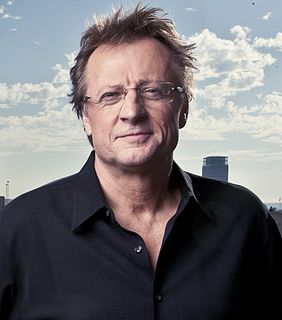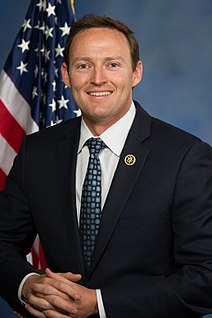A Quote by Phil Cooke
Facebook has more than 1 billion members, which by population makes it the third largest country in the world—somewhere between India and the United States. Who’s sending missionaries to that country? Who’s planting churches there?
Related Quotes
The notion of 'world leadership' is a curiously archaic one. The very phrase is redolent of Kipling ballads and James Bondian adventures. What makes a country a world leader? Is it population, in which case India is on course to top the charts, overtaking China as the world's most populous country by 2034?
The United States presents a value system to the world that is based on democracy, based on economic freedom, based on individual rights for men and women, .. I think that is what makes us such a draw for nations around the world. People come to the United States to be educated, to become Americans. We are a country of countries and we touch every country, and every country in world touches us.
I think we can end the divisions within the United States. What I think is quite clear is that we can work together in the last analysis. And that what has been going on with the United States over the period of that last three years, the divisions, the violence, the disenchantment with our society, the divisions - whether it's between blacks and whites, between the poor and the more affluent, or between age groups, or in the war in Vietnam - that we can work together. We are a great country, an unselfish country and a compassionate country. And I intend to make that my basis for running.
The bigger the population gets, the more serious the problems become... We have to address the population issue. The United Nations, with the U.S. supporting it, took the position in Cairo in 1994 that every country was responsible for stabilizing its own population. It can be done. But in this country, it's phony to say 'I'm for the environment but not for limiting immigration.'
I think in theory, the United States finds it much easier to deal with situations where there is a leading country. You can go to the leaders of that country and say, for example, to India, "There are all these problems in Bangladesh, we really have to do something about it, what do you suggest we can do to work out a common policy?" But when you don't have the equivalent of India, you have to go capital to capital trying to put together a coalition, which is extraordinarily difficult, especially in the Arab world, because of the historic rivalries and branches of Islam.





































